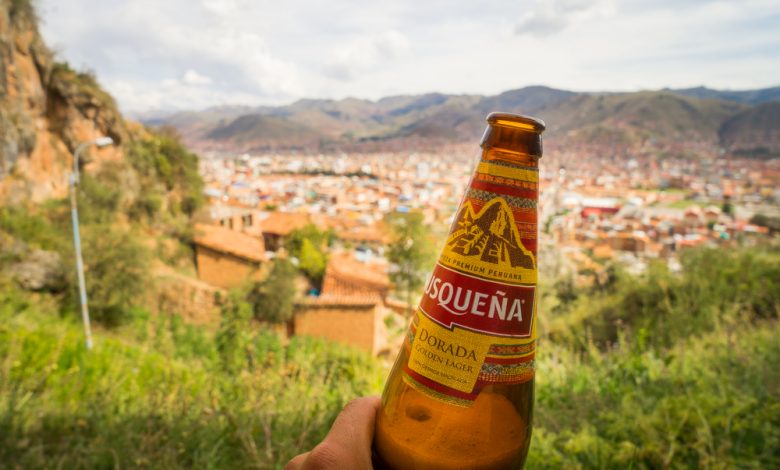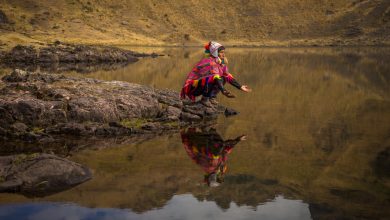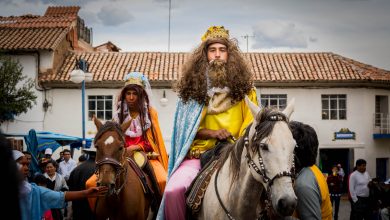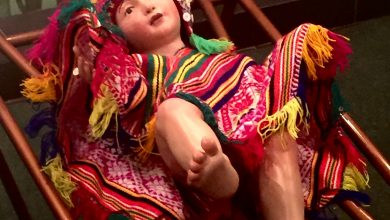Telar (of the) Cusqueña, an Advertising Campaign and a Model of the World

Sounding for all the world like something indigenous to the Imperial City of the Incas, Cusqueña beer belongs to one of the world’s large beverage multinationals, Anheuser Busch-InBev.
Once produced only in Cusco, the brand is now produced in different breweries throughout Peru. Once springing from the water and soil of its eponymous region, the beer is now a brand with a recipe and an image, even though the people of Cusco are proud of it and drink it regularly.
In Cusco you would be hard pressed, outside of bars catering to international tourists, to believe there is another major beer. The bottle with the picture of Machu Picchu on it seems as ubiquitous as the sun and the moon. But the owner’s of the beer seem to perceive a potential problem and seized on the beer’s local roots to develop a marketing campaign, ostensibly making it as local as the Incas and the people before them.

Named “Telar”, a word that can variously refer to a loom or even to the cloth made on it, the campaign claims the weaving of indigenous people around the city of Cusco for purposes of consolidating and deepening its increasingly tenuous local roots as the product of a multinational. It also does so to promote indigeneity as a draw for marketing, not unlike the work of the large groups that own much of Cusco’s tourism.
The Peruvian Company, owned by Anheuser Busch-InBev, Backus Johnston, describes the campaign as a “puesta en valor”, a giving of value to indigenous weaving in four highland communities of Cusco. At a time when weaving is declining and when it is changing from a product made for home and family to one made for a market, it certainly does this, even if the value is peculiar. The beer sustains its claims to localism and the communities’ weavings appear to gain in their association with a major national brand and with its international celebration. This also is supposed to increase the weavings’ markets.

This commercial form of value comes under a telling slogan, “the good made better” in which the company sees itself taking traditional Andean roots for itself while contributing “sustainability” to rural people’s economies.
Released in 2015, Telar has won international awards for marketing. Most recently it won twice in the 2017 Latin American Effie Awards: a silver under the categories of “alcoholic beverages” and a bronze for “Good Causes”.
Effie is one the major marketing and communications awards around the world. While the point of these awards is to promote the brands which win by drawing attention to them in the press due to a newsworthy event, they are also serious and important competitions. The McCann Worldwide advertising agency claimed honor for its wins, including the above, centered on its Lima branch that was the most celebrated in the awards.
In making the good better, the awards take an indigenous tradition and link it to the work of elites in Lima and the world. For them, the operative word is Peru, something that depends on a racial and cultural hierarchy with Spanish-speaking, White Lima at the top and indigenous people as the base giving and getting value from being part of this hierarchy.
To this end, the campaign, not only celebrated Cusco’s weavings, it worked with the Centro Bartolomé de las Casas of the Imperial City to find four Cusco communities and 54 women weavers who could gain exposure as representatives of the brand while also gaining profit by weaving the textiles needed for the campaign.
Behold the multinational world in which Cusco is a small, though celebrated, part. References:




